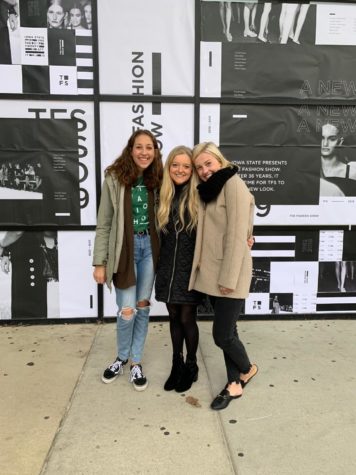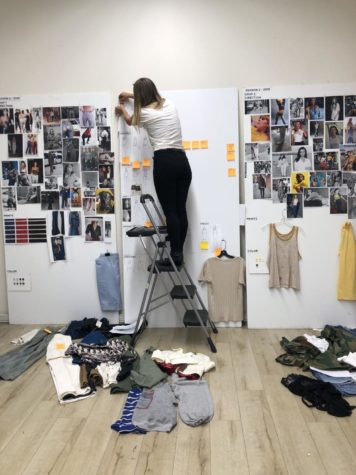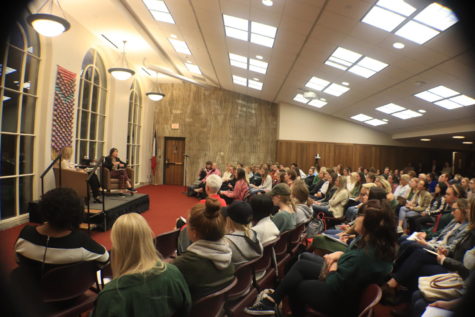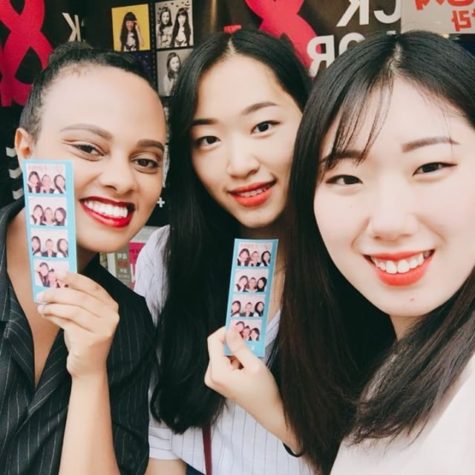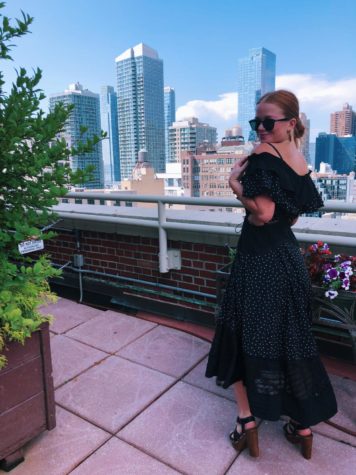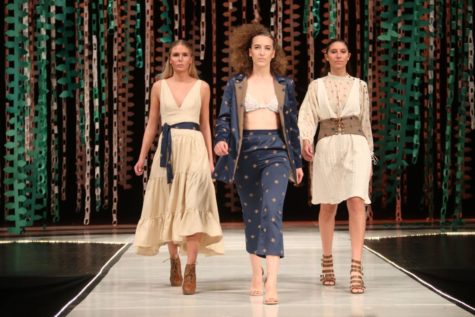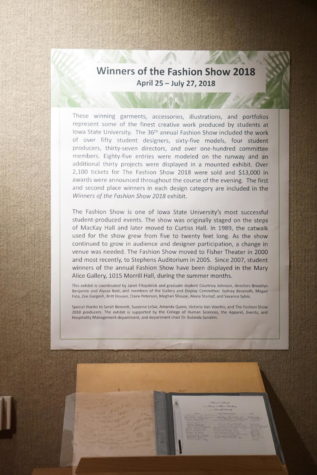Filtering the real world: Social media verses real life
December 9, 2015
Social media was intended to be a medium for users to share snippets of their lives and connect with others through social networking. With the advanced technology available today, is social media content actually representing reality or an edited, idealistic version of what users wish reality was?
The discussion of social media and its effect on society has been a popular topic of late among bloggers, celebrities, models and others immersed in the Internet world.
The conversation initially gained attention in 2010 with the introduction of Instagram into the social media family. According to TechCrunch, Instagram’s mission statement, updated in 2013, is “to capture and share the world’s moments”. The defining feature of this creative platform is how users decide to show the world through their lens. This can be different for everyone, making it hard to set one standard for what is real and what isn’t.
Simply changing the preset filters alters the original, authentic image. There are dozens of editing applications and software nowadays that can drastically impact how an image is perceived by others with the simple click or swipe of a finger. Does that mean every edited photo isn’t a true depiction of someone’s life or of the world?
This topic of social media versus real life came up again this year when Essena O’Neill, a 19-year-old Australian Instagram model, announced that she was quitting social media due to its distortion of reality and the distress it caused her concerning her self-worth and happiness. Although skeptical of her methods, others picked up on her overall message about the implications and effects of social media.
Emily Schuman, founder of the lifestyle blog Cupcakes and Cashmere, commented on the issue as someone who relies on social media for work. She admits that not everything she posts is a complete picture of her day-to-day life.
“The first [thing] is to remember that almost everything you see is an idealized version of someone’s life,” Schuman said. “It’s generally the happiest of times and moments that are shared, but that doesn’t mean their lives are a never-ending marathon of fun and beauty.”
Leandra Medine, founder of the fashion blog Man Repeller, sympathized with the youngest social media users who are most susceptible to influence from the unrealistic reality portrayed on social media. Not everyone has a clear grasp of what is real and attainable and what is not.
“Young girls do not know this. The 8-year-old nor 12-year-old nor 16-year-old versions of me certainly wouldn’t,” Medine said. “What you see in the media skews your perception of normal.”
Social media wasn’t intended to make others feel inferior in comparison the lives portrayed on the Internet, but it can certainly feel that way when only the best meals, social outings and occasions are posted with impeccable quality and the best filters. One Instagram account was created specifically to parody the way women post photos of their trendy outfits, fun adventures and artsy lattes by using a Barbie doll.
Darby Cisneros, creator of the Socality Barbie Instagram account, says she began the account “as a way to poke fun at all the Instagram trends that [she] thought were ridiculous … it has open[ed] the door to a lot of great discussions like how we choose to present ourselves online, the insane lengths many of us go to to create the perfect Instagram life and calling into question our authenticity and motives.”
Cisneros stopped posting to the account shortly after O’Neill with the notion that she accomplished what she meant to do with Socality Barbie by exposing these truths to over 1.3 million followers in five short months.
After the intense media coverage of the so-called social media effect, the consensus is not to rely on social media to set the standards for life because there’s not one standard for what makes life great.
Be true to oneself online and in real life, and happiness will follow with or without the likes, favorites and approval of others.








